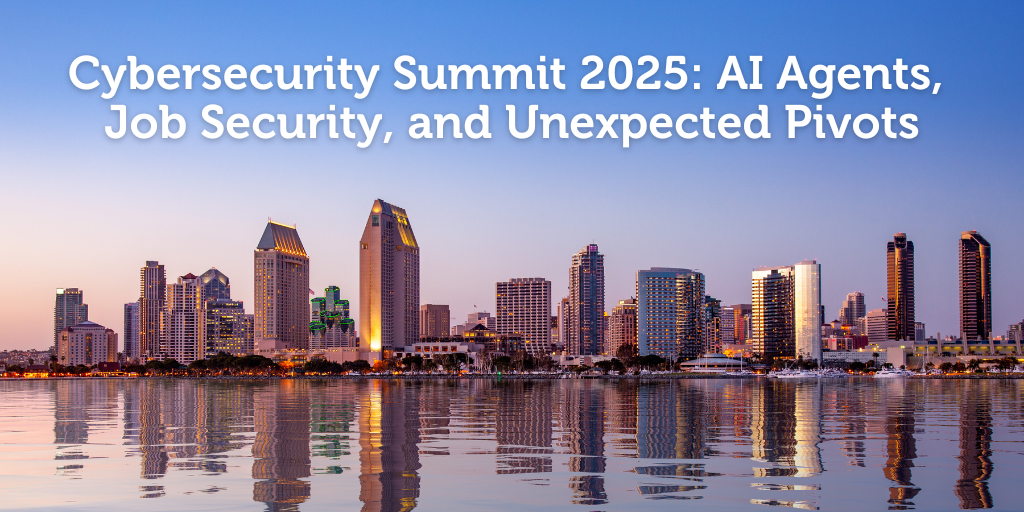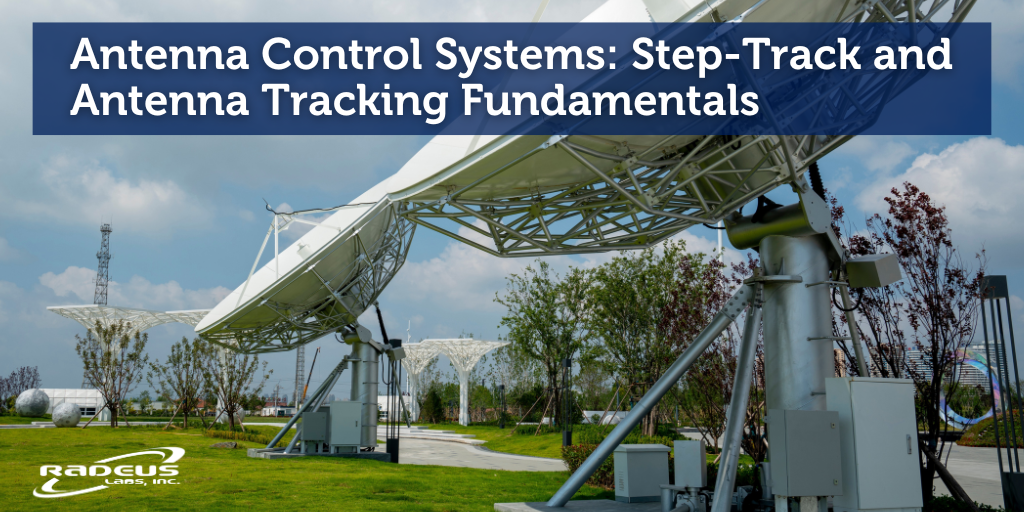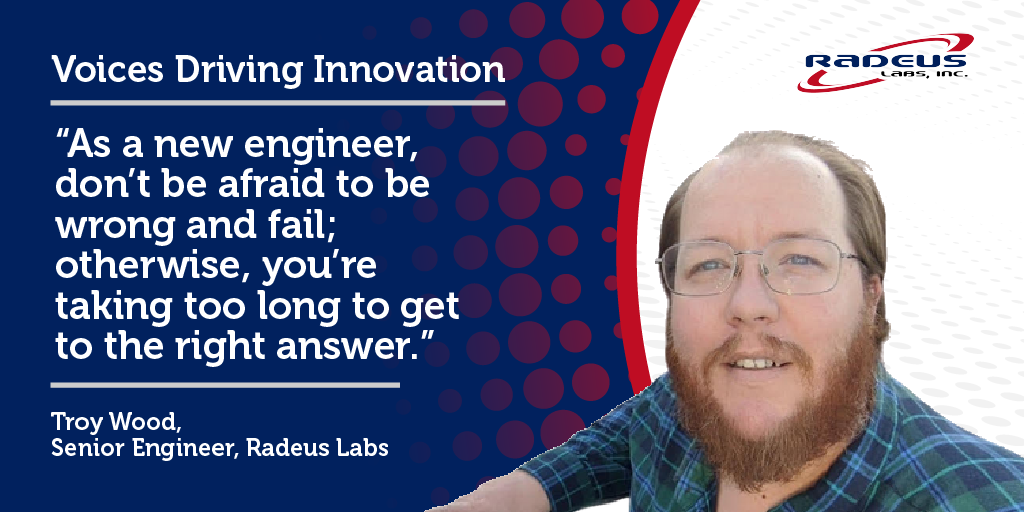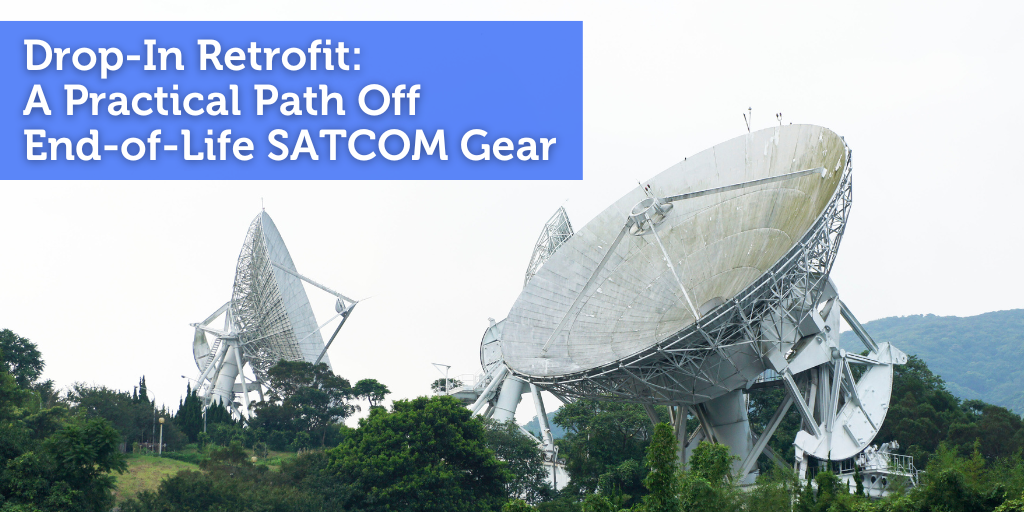 The Cybersecurity Summit in San Diego just concluded and brought together an intimate group of security, IT, and software leaders for a single day of cutting-edge conversations and community. It was Radeus Labs’ first time attending, and according to Radeus Labs' CEO Juliet Correnti, it didn’t feel like the typical conference grind. She explains:
The Cybersecurity Summit in San Diego just concluded and brought together an intimate group of security, IT, and software leaders for a single day of cutting-edge conversations and community. It was Radeus Labs’ first time attending, and according to Radeus Labs' CEO Juliet Correnti, it didn’t feel like the typical conference grind. She explains:
“It was actually fun. That might sound strange for a cybersecurity event, but there was great energy, thoughtful discussions, and plenty of giveaways. It had a real sense of community.”
Held at the Marriott Marquis, the event featured around 36 vendors and a single-track format that allowed attendees to dive deep into each presentation without feeling pulled in ten directions.
A Tight-Knit Crowd and Valuable Connections
 Unlike massive expos where it’s easy to get lost, the smaller format made it easier to have meaningful conversations. Juliet noted that many attendees represented SaaS and software infrastructure companies, making it an ideal forum for exploring potential partnerships, especially around AI servers and secure data solutions.
Unlike massive expos where it’s easy to get lost, the smaller format made it easier to have meaningful conversations. Juliet noted that many attendees represented SaaS and software infrastructure companies, making it an ideal forum for exploring potential partnerships, especially around AI servers and secure data solutions.
She gave special thanks on LinkedIn to Halcyon's Bradey Malave, Secuvy's Sirena Ong and Alex Au, Pangea's John Butler, CrowdStrike's Vanessa Villa, and Direct Systems Support Steve Craig for engaging discussions throughout the day, and to Oligo Security, not just for their strong presence but for awarding her a pair of Apple AirPods during the giveaway session. (She wasn’t the only one. More than 30 attendees left with prizes, adding to the upbeat tone of the day.)
Following the Money, and the Threats
 One of the most memorable sessions came from a criminal investigator at the IRS, who walked the audience through how financial crimes are tracked and prosecuted in the cyber realm, from traditional scams to Bitcoin tracing. The key theme: “follow the money.”
One of the most memorable sessions came from a criminal investigator at the IRS, who walked the audience through how financial crimes are tracked and prosecuted in the cyber realm, from traditional scams to Bitcoin tracing. The key theme: “follow the money.”
The session was a reminder that cybersecurity isn’t just about firewalls and patches, it’s about visibility, accountability, and understanding where risk actually lives in the system.
AI: More Agents, More Work
 As expected, AI dominated the conversation. But rather than abstract talk about future potential, the discussions were grounded in practical applications, from AI-assisted data governance to automated access control.
As expected, AI dominated the conversation. But rather than abstract talk about future potential, the discussions were grounded in practical applications, from AI-assisted data governance to automated access control.
Juliet noted that many speakers framed AI not as a job eliminator, but as a new security layer; one that requires oversight, management, and, yes, more human labor. Juliet explains:
“In that world, it almost feels like AI is creating more jobs, not fewer. People are starting to think about AI agents as employees, something you have to manage, monitor, and sometimes even ‘retire.’”
She said one quote that stood out from the event captured that perfectly:
“Companies don’t have more AI agents than people, yet.”
That word "yet" sparked a wave of discussion. What happens when those agents outnumber us? How do you set time limits, audit their behavior, and ensure they stop doing what they’re told when they should?
These questions underscored just how much job security, and new job creation, the AI era may bring to cybersecurity professionals.
A Surprising Conversation Over Coffee
Not all insights came from the stage. During a coffee break, Juliet met someone who worked in secure landscaping and cleaning services, and was now pivoting into IT security. Juliet recalls:
“They told me the government was scaling back contracts for physical services and ramping up IT and cybersecurity spending. They already had security clearances, so they were using that to transition into tech. It was such a smart move, and it really drove home how cybersecurity is absorbing talent from all directions.”
The takeaway? Cybersecurity isn’t shrinking. It’s expanding into new industries, new roles, and new corners of the workforce.
Looking Ahead: Radeus Labs at G2E Las Vegas
 Next up for Radeus Labs: the Global Gaming Expo (G2E) in Las Vegas, on now until October 9th. The team is exhibiting at the event, showcasing AI-ready computing solutions designed for high-performance, high-security applications in gaming, defense, and simulation. Juliet notes:
Next up for Radeus Labs: the Global Gaming Expo (G2E) in Las Vegas, on now until October 9th. The team is exhibiting at the event, showcasing AI-ready computing solutions designed for high-performance, high-security applications in gaming, defense, and simulation. Juliet notes:
“Our team is bringing the same focus on reliability and control to gaming that we do in aerospace and defense. It’s going to be a very different show for us, and I’m really looking forward to it.”
If you’re at G2E this week, the Radeus Labs team would love to meet. Stop by Stand 4201, or Schedule a time to connect and discuss how secure, rugged computing can power your most demanding environments, from casinos to command centers.






